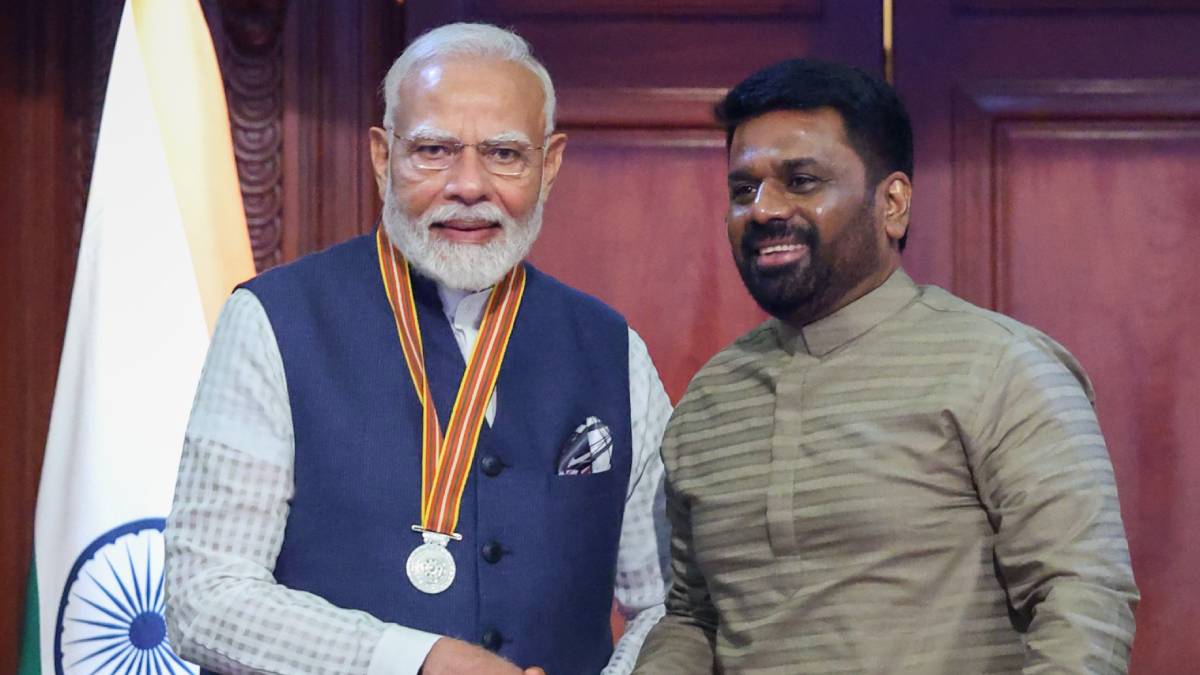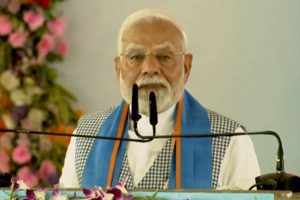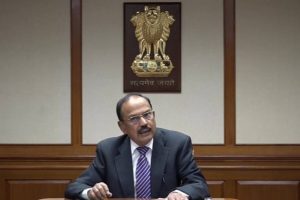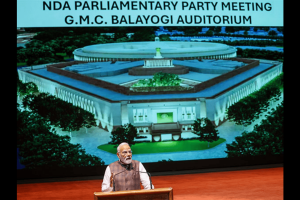Prime Minister Narendra Modi held a productive meeting with Sri Lankan President Anura Kumara Dissanayake on Saturday, marking a significant step forward in India-Sri Lanka relations. The discussions led to a series of strategic agreements focused on defence cooperation, energy collaboration, and regional development.
PM Modi received a ceremonial welcome at Independence Square, becoming the first foreign leader to pay a State visit to Sri Lanka since President Dissanayake assumed office in September 2024. The visit emphasized the deep-rooted ties and growing partnership between the two nations.
A major highlight of the visit was the signing of key Memorandums of Understanding (MoUs). These included a Defence Cooperation MoU and a trilateral MoU between India, Sri Lanka, and the United Arab Emirates to develop Trincomalee as a regional energy hub. Under this energy pact, initiatives such as the construction of a multi-product pipeline are expected to take shape.
The leaders held comprehensive discussions, both in restricted and delegation-level formats, to deepen bilateral ties in areas such as connectivity, economic collaboration, defence, reconciliation, and the longstanding fishermen issue. PM Modi reiterated Sri Lanka’s critical role in India’s Neighbourhood First Policy and Vision MAHASAGAR, assuring continued support for Sri Lanka’s economic recovery and stability.
Several projects were virtually inaugurated following the talks. These included the installation of 5,000 solar rooftop units at religious sites across Sri Lanka, a new temperature-controlled warehousing facility in Dambulla, and the groundbreaking ceremony for the 120 MW Sampur Solar Power Project.
Seven MoUs were exchanged in sectors including energy, health, digitization, defence, and development of Sri Lanka’s Eastern Province. India also pledged support for the restoration and development of key cultural and religious sites such as the Thirukoneswaram temple in Trincomalee, the Sacred City of Anuradhapura, and the Sita Eliya temple in Nuwara Eliya.
In terms of capacity building, India announced an expanded training program for 700 additional Sri Lankan citizens annually. The countries also concluded Bilateral Amendatory Agreements related to Sri Lanka’s debt restructuring.
Reflecting the shared Buddhist heritage, PM Modi announced that sacred relics of Lord Buddha from Gujarat would travel to Sri Lanka for International Vesak Day celebrations.
Foreign Secretary Vikram Misri elaborated on the Defence Cooperation MoU, describing it as a comprehensive framework to intensify military collaboration, including high-level visits, joint exercises, naval exchanges, and defence industry cooperation. He emphasized Sri Lanka’s commitment to ensuring that its territory and surrounding waters will not be used in any manner harmful to India’s security.
Regarding the Trincomalee energy hub MoU, Misri explained that it provides a government-to-government framework, with actual projects to be implemented through designated business entities. The UAE, as a key energy partner of India, will play a strategic role in the initiative. The multi-product pipeline and potential development of unused tank farms in Trincomalee are among the proposed projects.
The visit, which followed PM Modi’s participation in the BIMSTEC Summit in Thailand, underscores India’s proactive regional engagement and its commitment to fostering stability and prosperity in South Asia through meaningful partnerships.





